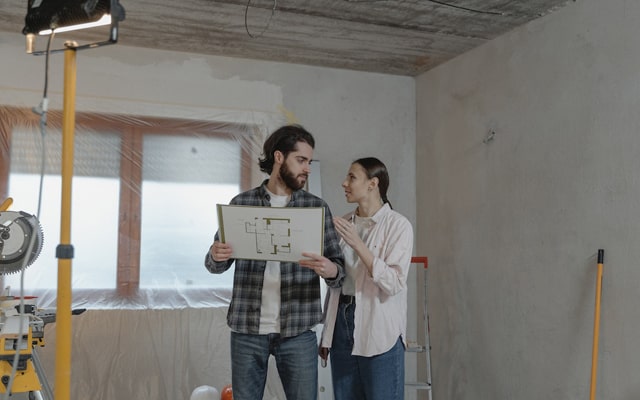How New Home Owner Should Prepare for the Unexpected Things

Whether you are looking to have a new start or moving into a new home for other reasons, including a change in family or job situation, it is always important to be prepared for the unexpected. Whether it is a plumbing problem that turns into a flood or some other issue you didn't anticipate, being proactive and having a plan of action can help make your transition as smooth as possible. Here are some tips to help you prepare for the unexpected.
Have an Emergency Response Plan
In an emergency, having a well-thought-out plan can help you evacuate safely, identify any medical issues that may arise, and get help to where it is needed most. An emergency plan may include having enough food and water stored in case of a long outage, assembling an emergency kit, having a communication plan in place, and having the contacts of a restoration company. For those in Denver or the surrounding areas, contacting restoration contractors in Denver can be extremely helpful to ensure the issues are repaired quickly and properly.
Have an Inventory of All Your Appliances and Fixtures
Having an inventory may seem like common sense, but often we don't take the time to do it. As soon as you move in, make a list of the problems that you encounter, such as water leaks, broken locks, and flooding. Such a summary will help you track down the problem's source and potentially make repairs before they become more complicated or expensive.
Create a Backup Power System
In the event of an extended power outage, having a backup power system in place can be lifesaving. Having a generator, battery backups, or other forms of emergency power will help keep your family safe and comfortable during times of darkness or chaos. Also, with a backup power system, you will be able to carry out everyday activities without any problem.
Familiarize Yourself With Your Local Floodplain Maps
If you live in a floodplain, it is important to familiarize yourself with your local floodplain maps. This information will show you where the water reaches during certain types of storms and will help you determine if your home is located within a flood zone. If flooding is an issue for you or your family, it is important to know about the risks involved so that you can make informed decisions about how to live in your home.
Test Your Home's Emergency Systems
Another way to prepare for the unexpected is to test all of your home's emergency systems before you move in, including smoke detectors, carbon monoxide detectors, and locks. If there is ever an issue with any of these systems, it will be much easier to deal with it if you know about it in advance.
Get Insurance Coverage
One of the most important things you can do to be prepared for the unexpected is to have insurance in place. No matter what, something will happen, and having insurance will help cover any costs associated with fixing or replacing anything that is damaged as a result. There are a variety of different types of insurance available, so make sure to shop around and find one that best suits your needs. And if you are not sure which type of insurance cover will fit your lifestyle, it's always advisable to consult with an expert.
Conclusion
Being prepared for the unexpected can make a huge difference in your quality of life and the safety of those around you. On the other hand, if you are not adequately prepared for the unexpected, you could end up incurring costly damages. The above tips will come in handy if you want to be on your way to a worry-free move.



